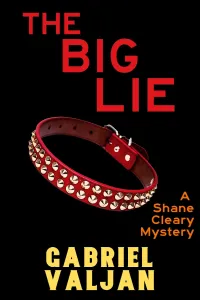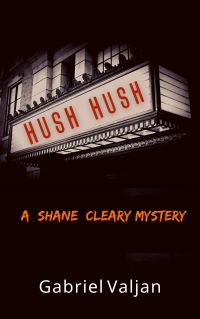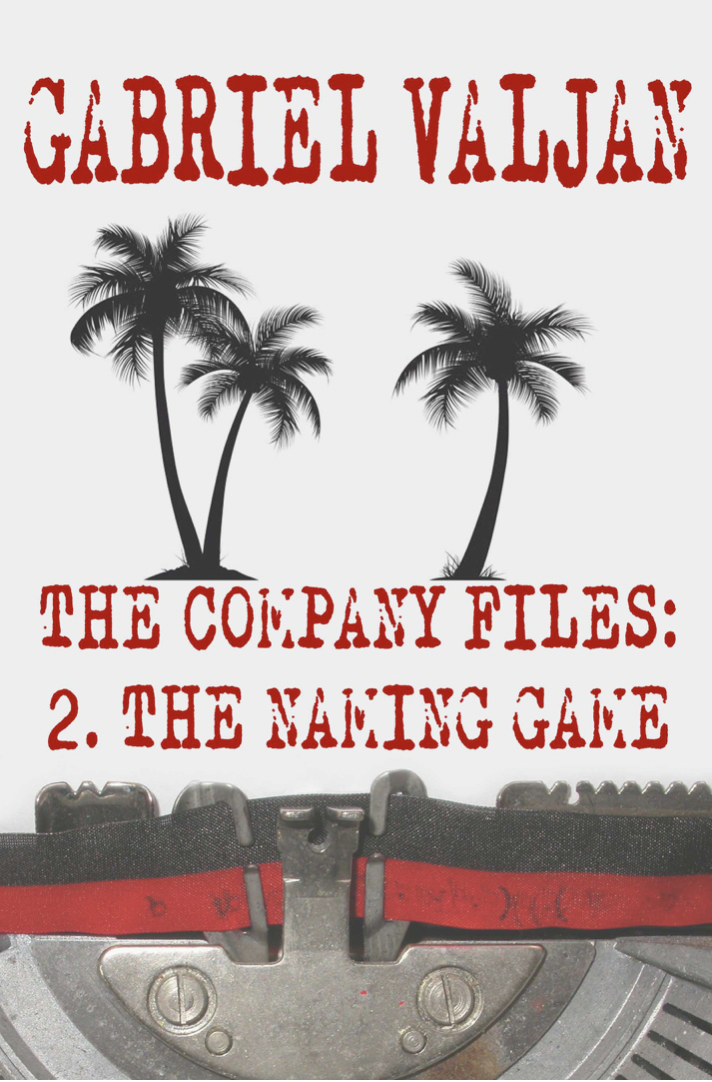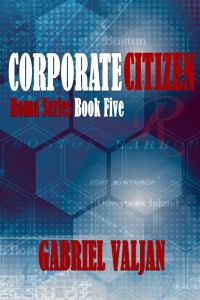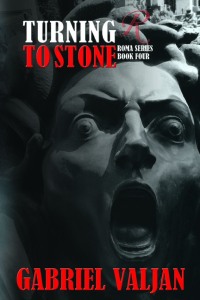We often forget how much has changed in one century. Here are some pertinent facts: in 1888, Jacob August Riis, an immigrant from Denmark, would photograph and write How the Other Half Lives. They didn’t live well. The U.S. Census of 1890 declared that the frontier had closed. The Massacre at Wounded Knee in December 1890 would end hostilities between Native Americans and the U.S. government. In 1900, close to half of the population in the lower East Side of Manhattan was foreign-born and 736 people per acre lived in crowded tenement buildings; it would get worse. In 1907, the population of the United States was 75 million. By 1920 more than half of all Americans lived in cities; and of that half, the majority of them were immigrants and their children. Consumerism and mass-culture marked The Twenties; the gap between the wealthy and poor had widened.
The “rags to riches success story” is usually traced to Horatio Alger Jr.’s Ragged Dick, published in 1867, not long after America had concluded the Civil War and entered the era of rapid industrialization and the Gilded Age of robber barons. Alger’s bootblacks may have been America’s answers to Dickens, but they were not the Bowery Boys, or any of the Yiddish gangsters that I.B. Singer would write about. The success story didn’t come that easy for immigrants; it didn’t for most Americans.
One of the debates in late-nineteenth-century American literature that carried over into the next century was deciding where to live: in the country, where simple living could mean comfort or suffocation, or in the city, where life is hard and corruption is rampant. I’d like to point out something here – the choice was for those who could afford to make it. Edith Wharton’s characters in the House of Mirth were wealthy. Sinclair Lewis’s Carol Milford in Main Street is white, middle-class, and privileged. All the dead people bemoaning their lives of regret in Edgar Lee Master’s Spoon River had chose their fates. The immigrants, who had arrived in unprecedented numbers, had had little choice as to where they worked and lived. Upton Sinclair would lift “the lid off life” in his exposé on brutal conditions in workplace America.
Upton Sinclair, like Jacob August Riis before him, was a muckraking journalist. The term “muckraker” is attributed to Theodore Roosevelt, although it actually dates back to John Bunyan’s 1678 classic, Pilgrim’s Progress. Today, such reporters are called “investigative journalists” or “whistleblowers” because they exposed crime, fraud, and corruption. The muckrakers of the Progressive Era exposed monopolies (Ida Tarbell and Standard Oil), political corruption (David Graham Phillips and the U.S. Senate, or Lincoln Steffens and Tammany Hall), and quackery (Samuel Hopkins Adams and medicine). While Ray Stannard Baker pointed his pen at the coal-mining industry, Upton Sinclair leveled his contempt at the meatpacking industry. I suspect the reason that Sinclair’s Jungle (1905) is not widely read these days is because his political ideology bleeds through the pages: he was a socialist. The novel, however, is a compelling social document.
First, there is the matter of technology. The railroad car transported cattle. Gone, as the frontier Frederick Jackson Turner lamented, was the cattle drive. Owen Wister’s The Virginian (1902) would depict such a drive, while it eulogized, mythologized, and defined the cowboy, American masculinity, and the western genre. Andrew Muhl’s invention of an icemaker in 1871 would allow “one man’s meat” to be shipped to market. Sinclair would recreate the extraordinary violence done to man and beast, from the time the cow, sheep, or pig left the farm and ended up on the plate. “One man’s meat is another man’s poison,” indeed.
The Jungle tells the story of Lithuanian immigrant Jurgis Rudkus in Chicago’s Packingtown district. He works in a slaughterhouse in which an animal enters the building on one end, is killed, and then hung on a hook with stops along the way, at each which workers have individual tasks with the carcass until there is nothing left. In a grisly reversal of Henry Ford’s assembly line, the Chicago slaughterhouses perfected disassembly. Who knew that the process for animals to cars would set the precedent for humans in the Holocaust? The process is so efficient that “They use everything about the hog except the squeal.”
As the animal meets its end, Sinclair goes into nauseating detail about the numerous injuries that the workers experienced on the job. Missing fingernails. Hacked-off thumbs. Men fell into vats and were dissolved. There are graphic descriptions of diseased animals, processed and passed on to consumers. Then there is the corruption: jobs are bought with bribes, managers steal from their employees, and employees turn on each other. Jurgis’s family fares no better: his wife is coerced into sex and his child dies. The social fabric is frayed. Politicians and the law are hand in glove in every crooked enterprise, from saloons to brothels. Jurgis endures one hardship after another working harder and longer for next to nothing. His body is broken and his spirit is crushed. He finds “salvation” in socialism. Socialists invoked Christ as the proto-Socialist because he defended social outcasts and railed against injustice. Jesus throwing out the moneychangers is equated with attacking capitalists.
The Jungle spurred the creation of the Food and Drug Administration. We should be grateful for our food this Thanksgiving, and we ought to think about the journey from farm to plate that our food has taken, of the various enterprises at work to make sustenance possible. I had mentioned town and country. I’d like to think there is an ethical balance achieved today. Many people are now shopping locally, supporting farmer’s markets’ and seeking out information on how their food is made and prepared, whether game and livestock are hormone-free and humanely killed. Some among us choose to be vegetarians, but still there is the question of chemicals and pesticides. This return to community is a concerted response to the few corporations that own the majority of foods available at the market. Upton Sinclair’s novel may not be palpable for political reasons, but I leave you with a statistic that shows his concerns of a century ago are just as relevant today.
In February 2008, the USDA recalled 143 million pounds of beef; it was the largest single recall in U.S. history. The second-largest recall occurred in August 2011, when Cargill Inc. recalled 36 million pounds of ground turkey. Food for thought.

